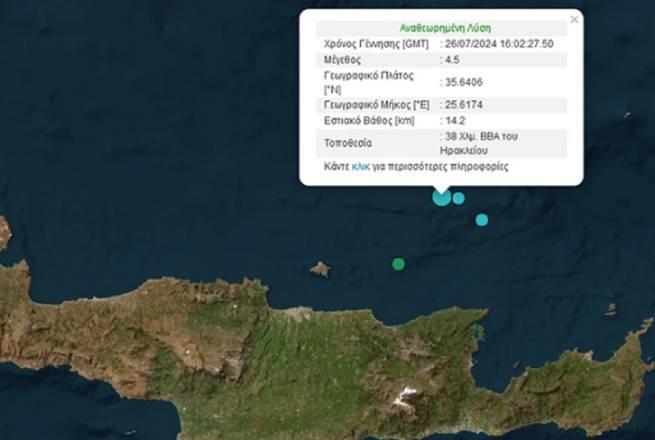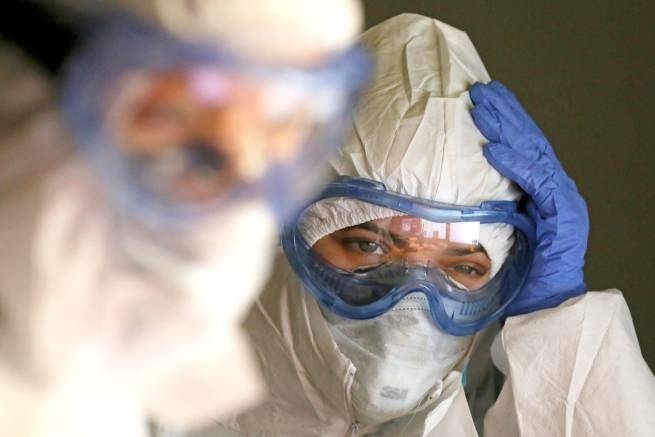The COVID pandemic has officially ended, having lasted more than three years. What lessons can be learned, did humanity fight the deadly virus correctly? Expert opinion.
Last week, the WHO announced that the COVID-19 pandemic was officially ended. For more than three years of its course, people have not come to a consensus on the main issues:
- Have countries dealt with the deadly infection correctly?
- Was self-isolation really necessary?
- How effective were masks and gloves.
- Have lockdowns worsened the situation?
The virus is still here
Here’s what the experts think about it writes publication “Novaya Gazeta-Europe”. The head of the World Health Organization, Tedros Adhanom Ghebreyesus, said on Friday that approximately 7 million people have officially died from COVID-19 since 2020, but the real numbers could be as high as 20 million. He noted that the virus continues to mutate, so there is a risk of new species that can cause spikes in disease and mortality. So the coronavirus has not ceased to be a global threat to humanity, he says:
“Last week, COVID-19 claimed one life every three minutes – and these are just the cases we know about.”
However, Ghebreyesus notes that over the past year, the number of infections and deaths has been declining, thanks to vaccines and the formation of herd immunity. Doctor of Medical Sciences Vasily Vlasov, in an interview with journalists from Novaya Gazeta Europe, warns that the virus has become less dangerous, but continues to spread:
“The majority of people on the planet have been ill with the coronavirus, which is why immunity has developed. Immunity doesn’t prevent infection, it makes subsequent illness easier.”
Lockdowns – how effective were they
After the pandemic was declared, countries began to close borders and introduce quarantine measures. The strategy followed by some countries in Europe and Asia was to severely limit social contacts. In China, for example, an almost total lockdown was in effect until the end of 2022. And some states, like Sweden, did not impose serious restrictions, relying on the development of natural herd immunity.
In May 2020, the London School of Economics and Political Science compared the incidence in 32 countries during the first wave of COVID-19. According to her research, countries that decided to lockdown at the very beginning of the pandemic were able to reduce the rate of infection. For example, Denmark introduced a lockdown two days after the announcement of a pandemic and a month later noted the absence of an increase in the number of infections and deaths. In mid-May 2020, the death rate from COVID-19 in Denmark was about nine people per 100,000, several times less than in many European countries. In Sweden, where there was no lockdown, the figures are higher: 36 deaths per 100,000 people, and in the UK it is even higher: 52 per 100,000.
Experts point out that quarantine is an effective measure at the beginning of a pandemic, when the virus is spreading rapidly and treatment protocols have not yet been developed. In Portugal, almost immediately after the announcement of the pandemic, anti-epidemic measures were introduced. Shops and restaurants have had their opening hours cut, curfews have been imposed, and public events have been banned. By July 23, 2020, there were fewer infections, and the government announced a phased exit from the lockdown. Irina Yakutenko, biologist and science journalist, says:
“In Germany, they managed to get between Scylla and Charybdis: to make quarantine quite tough, but without excesses, like in China, where they welded the doors of entrances or like in Italy, where they forbade people to leave their houses at all. In Japan, there were also excesses, where people walked down the street in masks for a long time, which is stupid, but it was not known then. Now we know for sure that there is much less risk of infection on the street. Hard quarantine negatively affects people’s lives and their comfort. But the lack of quarantine in general is bad. In Sweden, for example, a disproportionately large number of elderly people died, that is, the Swedes actually just sacrificed them. They weren’t given help – they say, why take the old man’s bed, why put him on a ventilator, if you can cure the young one.
Antivaxers and lack of resources
Virtually all countries are faced with a lack of medical equipment, medicines and staff in hospitals. The highest death rate was recorded in countries with a high population — in the USA, India, Brazil and Russia. Yakutenko believes that, in general, the global community has coped poorly with the pandemic. Despite the advances in pharmacology and science, which managed to create several vaccines in record time, including a completely new mRNA vaccine, the world was faced with a huge number of deaths, as “it turned out that we have pharmacology separately, and public health separately, many people have not been convinced to get vaccinated.” And many developing countries have not received vaccines. She says:
“In poor countries, there were no physical vaccines, no treatment. Who died, he died, who has a strong immune system, he survived. Some European states have coped best of all, and thanks to the efforts of specific people. For example, in Germany it was Christian Drosten, one of the world’s leading experts on coronavirus, who in the first year [пандемии] advised the government on how to respond. Therefore, preventive measures were taken there at the beginning of the pandemic. This saved many lives during the first wave. In Portugal, there was Enrique Gouveia y Melo, Vice Admiral of the Navy, who was in charge of the public vaccination campaign there. Thanks to him, a huge number of people were instilled in Portugal – more than 85%. In general, if you do not take Eastern Europe and outsiders like Sweden, then Europe did better. Some Asian countries, such as South Korea, have also done well.”
According to her, Russia and the United States also turned out to be outsiders. In the United States, the problem is the political system, which has its own laws in each state, and a large percentage of anti-vaxxers. In Russia, restrictive measures were introduced too late, and there were also too many anti-vaxxers. Official data show that since the beginning of the pandemic in Russia, more than 22 million cases of infection with the virus have been detected, and almost 400 thousand people have died.
An important problem was low testing speed at the beginning. This led to an underestimation of the official statistics of cases and the spread of the virus. The Russian healthcare system was generally unprepared for the outbreak of the pandemic: at the peak of the increase in the incidence, hospitals lacked beds, medical equipment and qualified doctors. The biologist says that the lack of funding for healthcare in Russia and the lack of investment in the development of medical technology and science have made themselves felt.
In March 2023, the official portal Stopcoronavirus.rf announced that it was suspending the calculation of data on herd immunity against COVID-19 and the number of those vaccinated. Now the portal will only publish data on the number of cases, hospitalizations and recoveries over the past 24 hours. Doctor Vasily Vlasov says:
“Thanks to the fact that in some countries the science is in a good state, vaccines were quickly created. Therefore, it is very important to develop international cooperation. It was thanks to the American Human Genome Program, in which Russian scientists participated, that we in Russia had the potential to create our own vaccine. Let’s hope that some time after today’s big troubles, we will be able to move in this direction again. But one should not underestimate the social shifts that have taken place in society during the pandemic: global inequality has deepened, the belief that humanity will take care of poor countries has disappeared. By the way, they were never given the promised vaccines.”







More Stories
Reuters: Pentagon spread fake news about Chinese coronavirus vaccine
Reuters: Pentagon conducted disinformation campaign against Chinese vaccine to undermine China's position
A. Fauci's confession on the Covid-19 case: they imprisoned all of humanity with false evidence – there was no threat